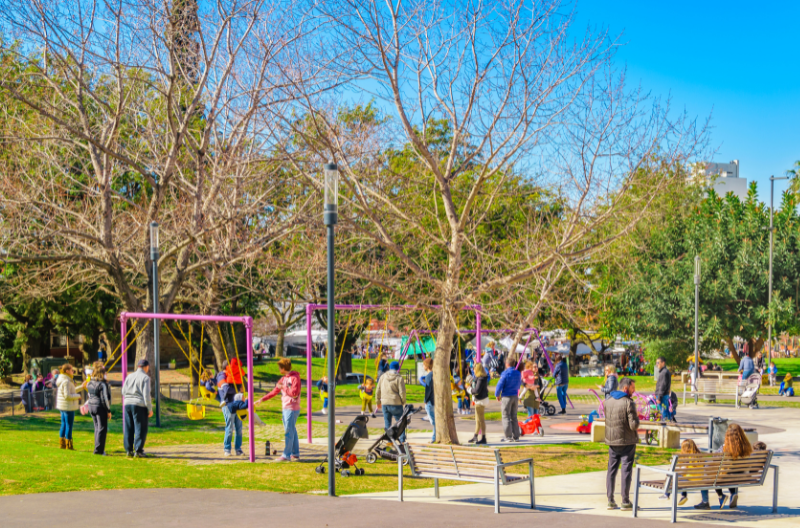Insights / Managing tourism in disasters
Managing tourism in the wake of disasters
By renae hanvin
February 1 2024

Disasters impact businesses in different ways, and for some industries like tourism, recovery can be much slower when the region and its community are severely impacted.
This vulnerability to unexpected shocks and disruptions puts the tourism sector and the jobs of the millions of people who work in it around the globe at risk.
Global Tourism Resilience Day on 17 February recognises tourism’s unique role in sustaining and helping communities get back on their feet following a disaster, particularly where they are major employers in an impacted area.
Don’t be a ‘disaster tourist’
When an area is hit by a disaster, it’s natural for visitors to stay away, at least initially, often for safety reasons but also while a community finds its feet.
Some visit regardless. The ‘disaster tourist’ seldom brings any value to a community – they rarely engage with local businesses (many of which are still closed) and often get in the way of those working for emergency services and recovery agencies as they clog roads and take photos of damaged homes and businesses. The ‘disaster tourist’ can also exhibit a lack of sensitivity when it comes to asking local people questions about the impact of the disaster at a time when they’re still dealing with the trauma and disruption it has brought to their lives.
The presence of tourists can be too soon and overwhelming for communities struggling to deal with the shock of loss, re-establish basic services and get businesses back up and running.
In the aftermath of the 2023 Maui Fires in Hawai‘i, which saw almost 100 people lose their lives and left more than 2000 homeless, a phased re-opening of the area to tourists has come under criticism at a time when many residents are struggling to find both employment and local accommodation. On the other hand, tourism dollars drive the local economy.
Shortly after the disaster, the community group ‘Āina Momona used its voice to encourage visitors to consider volunteering by engaging with local services. It also urged other tourists frequenting businesses still operating to simply ‘visit, spend, go home’ or direct their money to fundraising campaigns to assist local families.
In Australia, businesses have had to deal with severe bushfires in Western Australia and the devastation of Cyclone Jasper in far north Queensland in peak tourist season during the Christmas break. After brief interruptions, tourists are now returning, encouraged and guided by government advice and tourism bodies.
How communities can help themselves
Communities can assume an active role in their own disaster recovery by clearly communicating their needs to potential visitors in the same way as Āina Momona.
Using social and traditional media channels, tourism information bureaus and customer-facing local businesses where visitors often enquire about local places to visit and stay, the community can help manage the flow of new people into the area during a vulnerable time.
By letting potential visitors know what’s happening locally, you can encourage the active helpers to engage when needed – ‘voluntourism’, where visitors come to assist with the clean-up and repair – and later welcome those who want to help stimulate the economy and keep businesses in business through purchasing goods, services, and accommodation.
Tourism operators such as accommodation providers can play a role in mitigating disaster tourism by explaining that the priority visitors are those directly linked to the recovery and reconstruction efforts and encouraging and welcoming other visitors at a less stressful time for the community.
And for those businesses still running in the aftermath of a disaster, sensitivity can be requested of visitors, reminding them that while their support is welcome, so is their respect and recognition of the community’s trauma.
How we’re partnering with communities
Resilient Ready’s Business Community Resilience (BCR) Toolkit has been adopted and customised by many communities across NSW and Victoria to upskill businesses, particularly those in the tourism sector.
Recently, we’ve been collaborating with the CFA, VICSES and the Department of Jobs, Skills, Industry and Regions (DJSIR) to deliver a FREE Disaster Ready program to build resilient business communities across Victoria’s Great Ocean Road and Phillip Island + Bass Coast regions.
Resilient Ready is a social enterprise delivering innovative solutions to enable every organisation to thrive before, during and after disasters. To keep updated on news and current projects, sign up to our newsletter.



